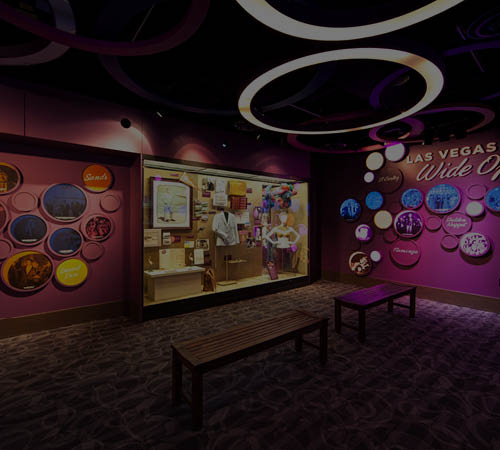“The Mob Museum educational outreach program was a breath of fresh air to our curriculum. Not only did the lesson being taught relate to the content of the unit and the standards of the state, but I was able to often refer to the presentation when we were studying other aspects of U.S. history. Our presenter was engaging and the kids loved her. We look forward to having them back again!”
Benjamin Lacombe, U.S. History teacher, Southwest Career & Technical Academy

Imagine closely examining a soda bottle from the Prohibition Era, discovering the tricks to staying cool in Las Vegas before air conditioning or analyzing fingerprints just like a crime scene investigator. Students can do that and more, right in the classroom.
Museum educators travel to schools with historical objects and activities to deliver hands-on presentations. Students use standards-based strategies to interpret primary sources and bring social studies and science curriculum to life.
50-minute presentations | Available in person or in a live virtual format.
For more information, please contact education@themobmuseum.org or 702.724.8687.
The creation of this program was generously funded by the Las Vegas Centennial Commission.
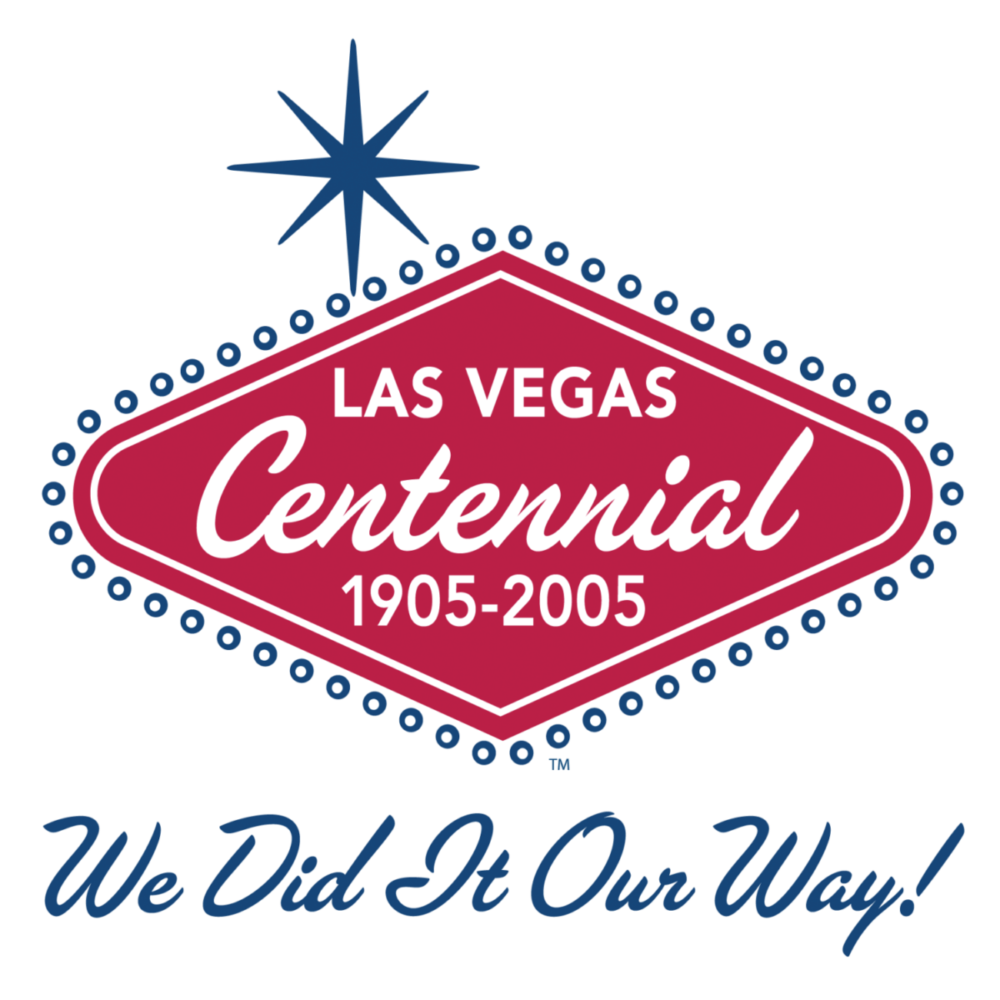
Program Topics
BUILDING LAS VEGAS: A RAILROAD TOWN (GRADES 2-7)
How did we build this community in the desert? Students learn how the railroad created Las Vegas as educators present artifacts and images related to the city’s 1905 settlement and its early years.
Please note: This program has a version for grades 2-3 and a version for grades 4-7.
Las Vegas and Hoover Dam (GRADES 2-7)
Why is Hoover Dam so important to Las Vegas? Students will discover why the dam was built and what life was like during construction.

Mob-Mobile Investigation Experience (GRADES 4-8)
Students step inside the Mob Museum’s specially outfitted “Mob-Mobile” surveillance vehicle and learn about audio and video surveillance technologies used by law enforcement. Outdoor space is required.
Las Vegas: Living with the Desert (GRADES 4-8)
What are the special considerations for a city in the Mojave Desert? This interdisciplinary presentation explores the history and environmental science of Las Vegas in its early years.
Las Vegas through the Ages (GRADES 4-12)
A crash course in Las Vegas history! Educators bring the history of Las Vegas to life through objects, images and stories — from the native Paiutes to the military and beyond.
Please note: This program has an elementary version and a middle/high version.
Fingerprints and Forensics (GRADES 4-12)
Learn how to identify fingerprints – including your own! Students investigate the science and history behind fingerprinting while they record and analyze their own prints.
Please note: This program has an elementary version and a middle/high version.
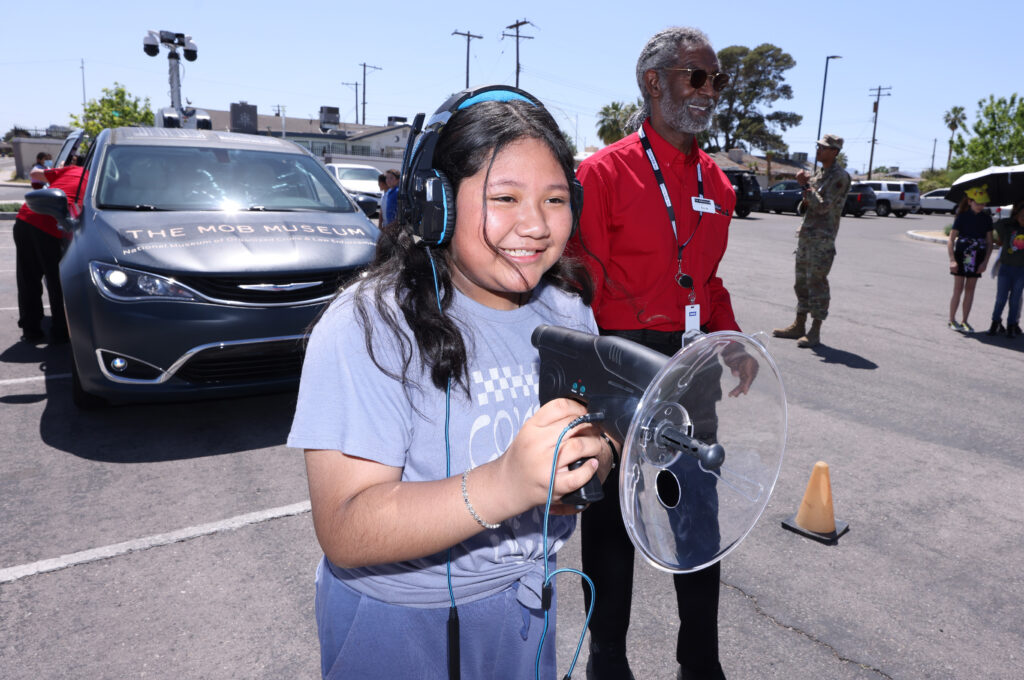
Engineering the Hoover Dam (GRADES 6-12)
One of America’s greatest engineering marvels is right in our backyard! Students explore how the Hoover Dam was built and how it provides vital resources to the American Southwest.
The Civil Rights Movement in Las Vegas (GRADES 6-12)
Step back in time to the Las Vegas civil rights movement. Learn about the discrimination faced by Black Las Vegans and how the Westside community — and beyond — helped establish equality.
Prohibition in America (GRADES 7-12)
See the explosive changes that took place during Prohibition. Through objects, historical documents and colorful characters, explore the lessons learned and how they continue to affect society.
Investigating the St. Valentine’s Day Massacre (GRADES 7-12)
True crime meets history class! Examine the crime that turned people against Prohibition and introduced them to forensic science. Students also discover how firearms examiners analyze bullets.
Las Vegas and the Mob (GRADES 9-12)
Many people think the Mob created Las Vegas. Students learn the real story behind how the Mob transformed Las Vegas and meet the criminals who ran the city’s early casinos.
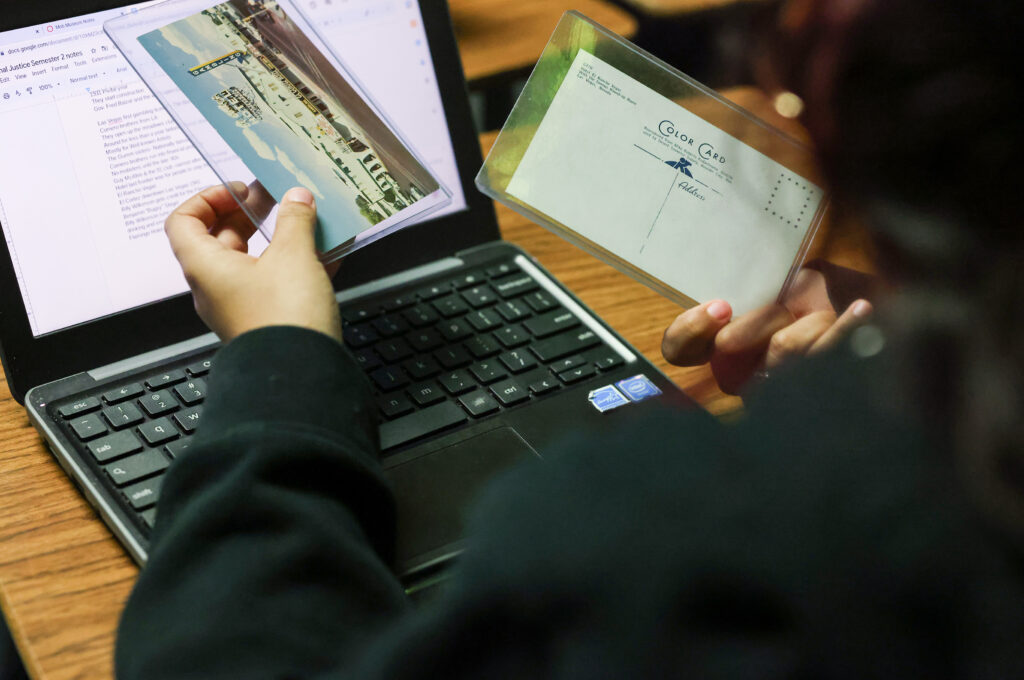
Frequently Asked Questions

Join an educator from The Mob Museum on a journey back in time. Exploring Our Past is a content-rich lecture program designed to reach the community where they live and play. Presentations are interactive, conversational and include time for Q & A. Each presentation incorporates historical objects and multimedia elements.
1-hour presentations | Available in person or in a live virtual format.
For more information, please contact education@themobmuseum.org or 702.724.8687.
Las Vegas and the Mob
Have you heard that the Mob started Las Vegas? Take a trip into Las Vegas’s past to learn the truth and discover how people such as Benjamin “Bugsy” Siegel and Tony Spilotro transformed Las Vegas casinos and lined their pockets with the profits.
Las Vegas Entertainers
Recall the performances of some of the biggest names in Las Vegas history — the Rat Pack, Liberace, Elvis and more. This fun, multimedia presentation showcases Las Vegas entertainers and takes participants behind the scenes of the live entertainment capital of the world.
The Civil Rights Movement in Las Vegas
Explore the historical experiences of Black Las Vegas residents as well as the Black entertainers who graced Las Vegas stages. Step back in time to the Las Vegas civil rights movement and understand the role that the Westside community played in pushing for equality.
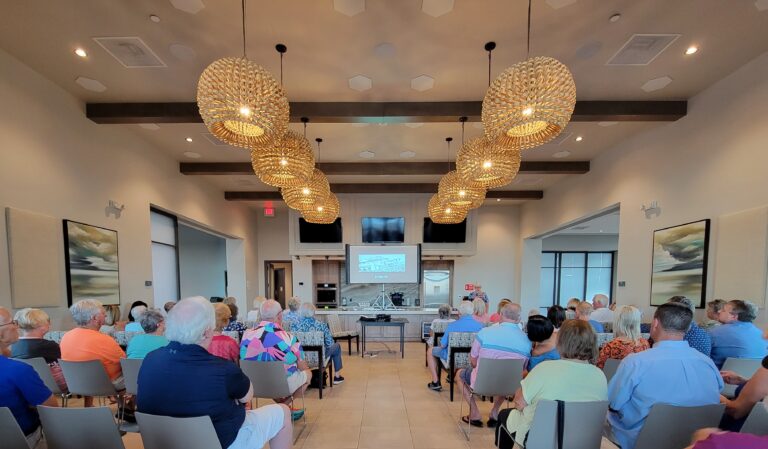
Prohibition: The Best Thing that Happened to Organized Crime
How did mobsters become millionaires? Find out what the Prohibition amendment set out to do, the challenges faced by law enforcement and the violent, illegal rackets that sprang up to quench America’s thirst.
The Rise & Fall of Al Capone
Al Capone — one of the world’s most recognizable mobsters. His success paralleled Prohibition, and everything he is famous for happened by the time he was 35. Analyze his rise and fall in this in-depth look at the man behind the myths.
The St. Valentine’s Day Massacre: A Prohibition Turning Point
On February 14, 1929, seven members of Chicago’s North Side gang were gunned down by unknown assailants. Unravel one of the most horrific acts of violence in organized crime history and examine the aftermath of this deadly episode.


